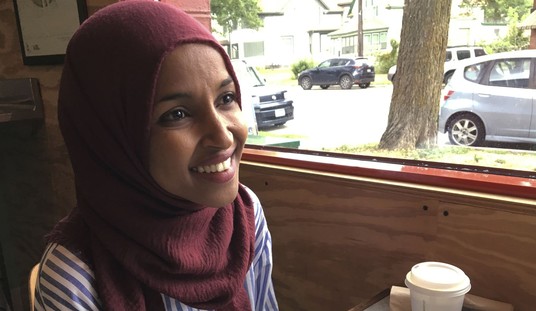As Syrian and other Middle Eastern refugees seek and find asylum in Europe, they bring their religious tensions and persecution with them. Specifically, Muslim migrants often persecute Christian migrants, or immigrants who converted to Christianity. Open Doors Deutschland documented 743 attacks on Christians in Germany in 2016, and German police documented another 100 in 2017. Similar violence plagues Christian refugees in Sweden, but the Scandinavian country has yet to issue an investigation.
“I fled the war to avoid this kind of thing,” a Christian refugee from Syria known by the alias Amir told police, according a local newspaper in 2015. A 26-year-old jihadist and fellow Syrian refugee threatened to “slaughter” Amir, cut his throat, and even harm his family back in Syria. The man who threatened him was eventually sentenced to probation and fined 8,000 kronor (approximately $900) in damages.
A survey published by Open Doors Sweden last year found that Amir is far from alone. One hundred and twenty-three Christian asylum-seekers reported religiously motivated persecution, and 512 separate incidents. Christian refugees suffered 65 violent assaults, 55 death threats, 7 cases of sexual assault, along with instances of social exclusion, insults, contempt, and threats. More than half, 53 percent, said they had been violently attacked at least once. Almost half, 45 percent, reported receiving at least one death threat.
More than three-quarters of those who faced such persecution were converts to Christianity, and almost all of the perpetrators were Muslim. Other refugees or immigrants carried out more than four-in-five (81 percent) of the attacks, 415 out of 512. The most popular solution suggested by victims? Separate housing for Christian and Muslim immigrants.
“One time they told my daughter that she was not allowed to eat in the canteen without wearing a headscarf, if she wanted to keep her head,” one of the survey participants told Open Doors. “Another time, they told my son that he was not allowed to have a visible cross around his neck if he wanted to remain in one piece.”
Survey participants reported that perpetrators had been hired by the Swedish Migration Agency or the refugee home. “When only the Muslim staff was working at the refugee shelter, they looked at me strangely, treated me unfairly, spread lies, mocked me, and excluded me,” one Christian migrant said. “This spread to the entire staff. Even the manager of the refugee shelter was one of those who bullied me.”
In an article for National Review, Jacob Rudenstrand, deputy general secretary of the Swedish Evangelical Alliance, and Peter Paulsson, director of Open Doors Sweden, lamented that “the reaction both in the media and from government officials have been cool.”
“Despite news reports of such attacks against Christians, Sweden’s government has launched no serious investigation,” Rudenstrand and Paulsson reported. “There are many studies focusing on hate crimes against Jews and Muslims in Sweden but few on hate crimes against Christians, even though statistics from the Swedish National Council for Crime Prevention show that police reports of the latter have risen in recent years.”
These incidents go beyond the Open Doors report. Last month, the Christian newspaper Världen idag reported that an asylum-seeker who had converted from Islam was attacked while leaving a Pentecostal church in Karlstad on February 11. In Stockholm, a new Christian convert was stabbed by fellow asylum-seekers on the same day he was to be baptized. He had recently begun wearing a cross.
Christians wearing crosses have been attacked and had their crosses ripped off by Islamists, the European Parliament reported in 2015. Rudenstrand and Paulsson confirmed this trend.
Terrifyingly, anti-Christian bias seems to have worked its way into the official government apparatus for refugees. The Swedish Migration Agency, which evaluates applications for residence and citizenship, has given Christian asylum-seekers pop quizzes on theology. These quizzes ask questions that many Swedish churchgoers would be unable to answer, and the testimony of churches and pastors is often dismissed outright.
Refugee challenges “include ensuring that Christians who were victims of genocide — a genocide that the government has refused to recognize — are not persecuted all over again after they resettle in their new country,” Rudenstrand and Paulsson wrote.
Perhaps Christians who faced persecution in the Middle East expected to find a haven from these struggles in historically Christian countries like Sweden — a country whose flag is literally in the shape of a cross. Tragically, evidence suggests refugees bring the religious battles and persecution — complete with violence, death threats, and sexual assault — with them as they move into Western societies.
This does not necessarily mean that Western countries should reject refugees, nor that all Muslims should be suspected of this kind of persecution. However, it does demonstrate that countries like Sweden need to defend the rights of persecuted Christians within their own society. Such governments need to stop ignoring the plight of the persecuted, even if they are Christians in a nominally Christian country.









Join the conversation as a VIP Member